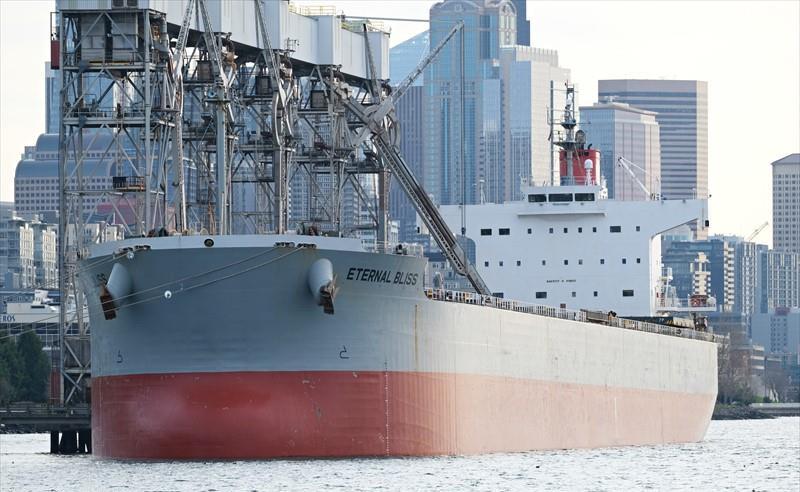NEWS & ARTICLES

A well-known term in the shipping business and customary guest in charterparties, demurrage is understood as “a sum agreed by the charterer to be paid as liquidated damages for delay beyond a stipulated or reasonable time for loading and unloading, generally referred to as the laydays or laytime” (Scrutton on Charterparties, 24th edition (2020), Art 170) [para 1]. Ordinarily, in the charterparty clauses, demurrage is set as the rates to be paid depending on the laytime and nothing more.
However, a case brought before the Court of Appeal posed a question unanswered by charterparties: is demurrage liquidated damages for all the consequences from failing to complete cargo operations or only some of them?
After a thirty-years-odd period since a ratio on demurrage was given in The Bonde, a judgment from the Court has put another pin on what demurrage covers and what demurrage clauses should entail.
In Eternal Bliss, the parties approached the Court of Appeals on the following issue: After a series of voyages, the carrier “Eternal Bliss” was loaded to discharge at China, but due to port congestion and lack of storage space ashore, she was kept in wait some 31 days before berthing, and after discharge the cargo showed moulding and caking. The receivers claimed this to the shipowner and settled on an amount, now the shipowner seeking to recover from the charterer alleging a breach by the charterer in failing to discharge in time.
To solve the question of law presented before, the Magistrates set to examine previous cases and textbooks on this issue that hadn’t been extended upon since The Bonde, and that past judges had struggled with when discerning a ratio.
Regarding the examined case law, the only case that set a precedent about demurrages and unliquidated damages is The Bonde. Other cases were inconclusive or too obscure (Reidar v Arcos). The Bonde was concerned with a claim under a FOB contract, not a charterparty. In the case, Mr. Justice Potter held that when a charterparty contains a demurrage clause, then in order to recover damages additional to said demurrage, the plaintiff must demonstrate that the loss stems from an additional or independent obligation, and then applied to a FOB contract, but it did not settle the issue.
In Eternal Bliss the Court of Appeal judges did not depart from the decision in The Bonde, taking into consideration that the market had not had any problems with it for 30 years. They argue that, even though there are statements pointing to demurrage compensating for the loss of prospective freight earnings due to delay, and this is the primary loss, it is not all that demurrage is intended to do. If it only quantifies the loss of freight, disputes will arise about whether particular losses are the kind covered by demurrage, the definition being too narrow.
Furthermore, the learned judges reasoned about the parties beforehand on what liquidated damages cover from a particular breach. “[While] it strikes us as unusual and surprising agreement […] ought to be stated.” [para 53]
The recent conclusion was that “in the absence of any contrary indication in a particular charterparty, demurrage liquidates the whole of the damages arising from a charterer’s breach of charter in failing to complete cargo operations within the laytime and not merely some of them. If a shipowner seeks to recover damages in addition to demurrage arising from a delay, it must prove a breach of a separate obligation.”
See full judgment here: The Eternal Bliss
Arizon Abogados S.L.P
www.arizon.es

